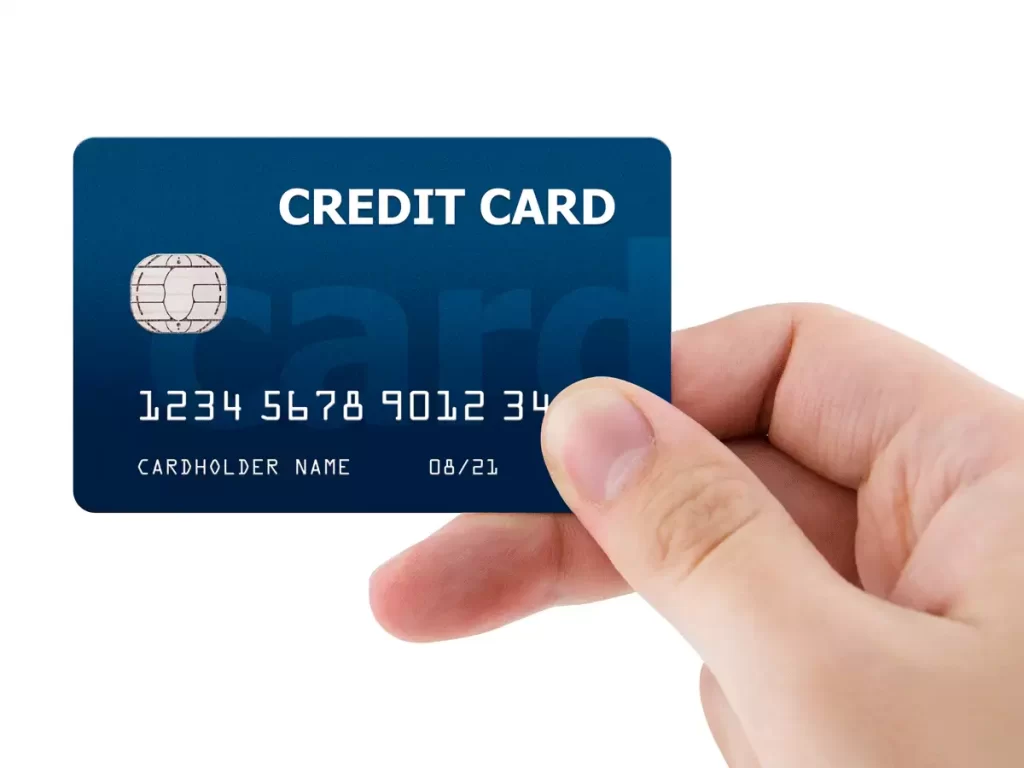Credit is a useful tool to extend your wealth and allow you to reach commodities you wouldn’t be able to before. Vacations, extravagant gifts, and fun activities might not be affordable to you without the help of credit.
However, if you don’t manage your credit correctly, you can easily fall behind on payments and start getting into debt. To help you avoid paying more than you need to, here are some tips you should always keep in your mind.
Consolidate Your Loans
The first thing you need to do is collect all of your debts and put them into one place. This “one place” should be a consolidation loan. The idea is to make the loan as easy to understand as possible.
Instead of having two loans with one bank, a credit card with another, a store card, and more, you take out a loan designed to pay the other debts off. Now you only have one loan instead of multiple.
With this singular loan, you only have to worry about one minimum fee, one payment day, and one figure of debt. If your credit score is low, you can still get loans for Bad Credit, so anyone can follow this concept.
When the lender asks you what you’re using the loan for, simply tick “consolidation”. This lets the lender know that the current debts you hold will not be an issue, as you plan to pay them off. You will look like less of a risk.
Create Scheduled Payments
The most common way to wrack up fees is forgetting to pay. You won’t just be charged for the mistake, you’ll also have a black mark against your name telling other lenders you cannot be trusted.
You can avoid this mistake by scheduling payments. Most lenders agree to this setup, as it’s a win-win for everyone involved. Create a direct debit to pay the minimum payment before the deadline each month.
Your lender will tell you what this figure is and when the deadline is too. Schedule this payment as soon as possible and you won’t have to worry about it ever again.
Pay More Than The Minimum
Now that the minimum payment has been secured, you should consider paying off more. The more you pay off the less debt you will have and the less interest you have to pay on top.
If you get paid monthly, you should be organizing your money like so:
- Put aside money for all of your outstanding bills
- Put aside money for groceries and gas
- Calculate what you have left over – this is your entertainment budget.
- Divide your entertainment budget by 5 – this represents the 5 weeks in a month.
Not every month will have 5 weeks. In these months you should still divide your entertainment budget by 5, but then pay off your debts with the excess. Then on weeks that you don’t spend all of your entertainment budgets you can pay that excess towards your debts too.
This way you always put your entertainment first, but any money you don’t use doesn’t become available for the next week – it’s used to reduce your debts.
Understand Your Interest Rates And Fees
You’ll notice that each month you pay off a set amount of your debt, but fees and interest rates mean the number never lowers as much as it should.
Understanding what these fees are can help you reduce unnecessary charges and lowers your overall payments.
First is the APR. The APR is the Annual Percentage Rate. This figure tells you how much you’ll end up paying to use the service if you borrow money for over a year.
A Purchase Rate is how much your card charges you for buying this on the account. If you pay off the balance within 56 days this charge normally doesn’t apply.
The Cash Transaction Rate is how much you will be charged for using a cash machine.
A Money Transfer Rate is how much you will be charged for moving money from the credit card to a different account.
Your lender will tell you how much these charges are, and if you will be charged for these actions. Some lenders promote their card by saying that Money Transfer Rates (for example) are 0% for the first 3 years.
Don’t Be Afraid To Switch Providers
Because many lenders offer 0% charges for new customers, the best way to manage your credit is to switch providers once the grace period wears off.
Using the same example as before, if your lender offers you a 0% fee for Money Transfers (a feature you use often) for the first 3 years, when the third year runs out, you should move to another bank that offers the same or similar deal.
Before you swap, tell the lender that this is the reason for your move. Some lenders will extend the grace period in hopes to keep you for longer. Either way, you will save money on fees.
Final Thoughts
Follow these tips to help reduce your rates, manage your payments, and understand how much debt you still have left. Credit is a fantastic way to stretch your wealth, as long as you maintain it.

This post is very easy to read and understand without leaving any details out. Great work! Thanks for sharing this valuable and helpful article.